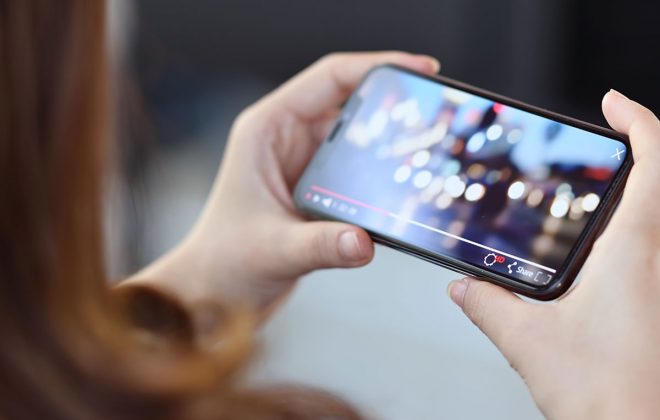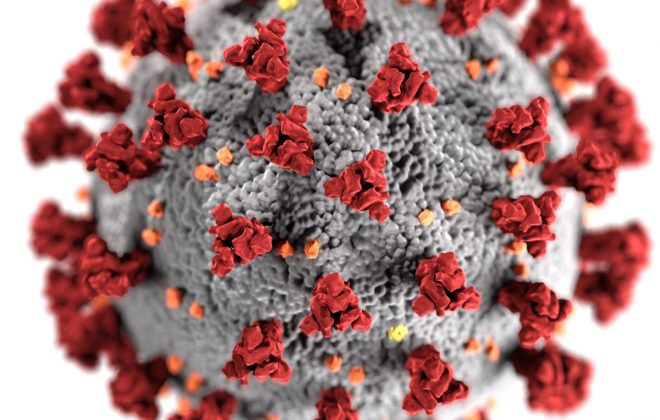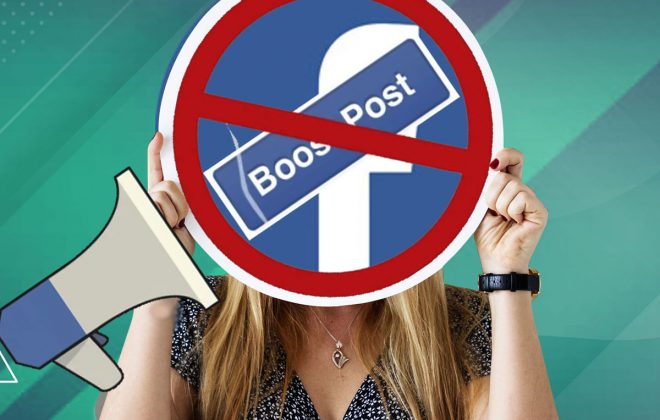Business Pivot In The Wake of The COVID-19 Pandemic – Pt.1 Why to Change Messaging
The entire world is enduring a mass global pandemic through COVID-19. Everyone has and continues to be impacted, forcing a worldwide shift in the way people protect themselves and their community. To combat the spread of this virus and to flatten the curve personal preventative health risk measures like self-isolation, quarantine, and physical social-distancing have been instituted worldwide. As a result of this global crisis, the world economy has had an adverse impact on businesses and corporations both big and small.
In response to the current COVID-19 climate, globally, every business and advertiser has been forced to pivot, reassess, restructure, roll out new media plans to combat this international crisis, and adapt how business is conducted.
While the “Stay Home” movement is long underway, it is everyone’s hope that COVID-19 will mean short-term change for (society and) businesses, but for those who do not react, adjust, and move forward, the impact could create long-term effects and a potentially detrimental overall impact on any business.
While strategies, approaches, and specific plans are unique to any given business, no matter what type of business, here are some things to consider when looking to pivot and press forward with your business marketing initiatives during this difficult period.
Why to Change Your Message:
It’s very simple. Right now, businesses need to reflect on marketing messaging and story-telling in two set timelines, pre-COVID-19, and post-COVID-19. Most importantly, what is the best possible way to adapt and survive in the current climate in order to successfully bridge to the post-COVID-19 era.
Even if a business is selling hand sanitizer or toilet paper, the marketing message needs to change. Whatever story-telling was being done before is no longer relevant (at least not in its Pre-COVID-19 context) – whatever is being said needs to be, at the very least massaged.
Both tone and phrasing along with visual imagery, the context of any ad or social media post should be very carefully evaluated.
People are dying. There have been over 100 deaths reported in Canada and over 10,000 deaths (with projections as high as 240,00) in the United States…so far.
People are out of work. Last week over 500,000 people went on EI in Canada (in comparison to 3.3 million people in the United States).
Seemingly almost overnight, the entire world shifted from a public health emergency of international concern in February, to a coronavirus epidemic emergency to a global COVID-19 pandemic in early March.
So the way a business was telling a story or getting a message across before, cannot be the same, it needs to be reviewed, filtered, or at least reflected upon.
Tone. It’s very simple, and shouldn’t need much explanation. Now is not the time to be funny or make jokes or try to creatively play on words relating to this crisis. It will backfire and hurt any business – Just ask San Antonio’s Miracle Mattress who ran a 9/11 anniversary twin towers sale in very poor taste.
There are also a variety of visual elements that should be avoided as a result of social distancing and newly associated connotations like people hugging, shaking hands, high-fiving, etc. that are now linked to the spread of illness and may subconsciously create negative connections with your brand, business or offering.
In the pre-COVID-19 advertising world it would not be uncommon to include call-to-action messaging that reference “door crasher” deals or promotions, purchasing event tickets, book “dine-in” reservations, et al.
(and not to sound insensitive, because we know people and businesses are hurting, but)
If a restaurant is showcasing a one of a kind dine-in experience, or a hotel resort offering exclusive vacation packages, or any other potential message that is no longer relevant in the current global climate (or compliant with government pandemic regulations) could inadvertently cause social backlash.
With the world currently being sequestered in their homes through quarantine and self-isolation, any messaging asks or implies that people leave their homes may not only not resonate with an intended audience, but might also have a negative impact for any brand or business as it may indirectly imply that a brand/business is out of touch with the world around them, or (unintentionally) going against “Stay Home” guidelines or other regulations.
Make sure any promotional or social media messaging is relevant and does it currently make sense? Make sure no one will be drastically offended? Access creative, messaging tone, and phrasing to assure any potential negative connotations will not be associated with a business.
This is certainly an unprecedented moment in history that we hope will never repeat and like everyone out there we too feel a great responsibility to offer ourselves and expertise to help wherever we can – helping our clients, our partners, and our community.
Please feel free to reach out with whatever challenges you or your business are facing right now with your marketing, advertising, or general issues surrounding this global crisis.





